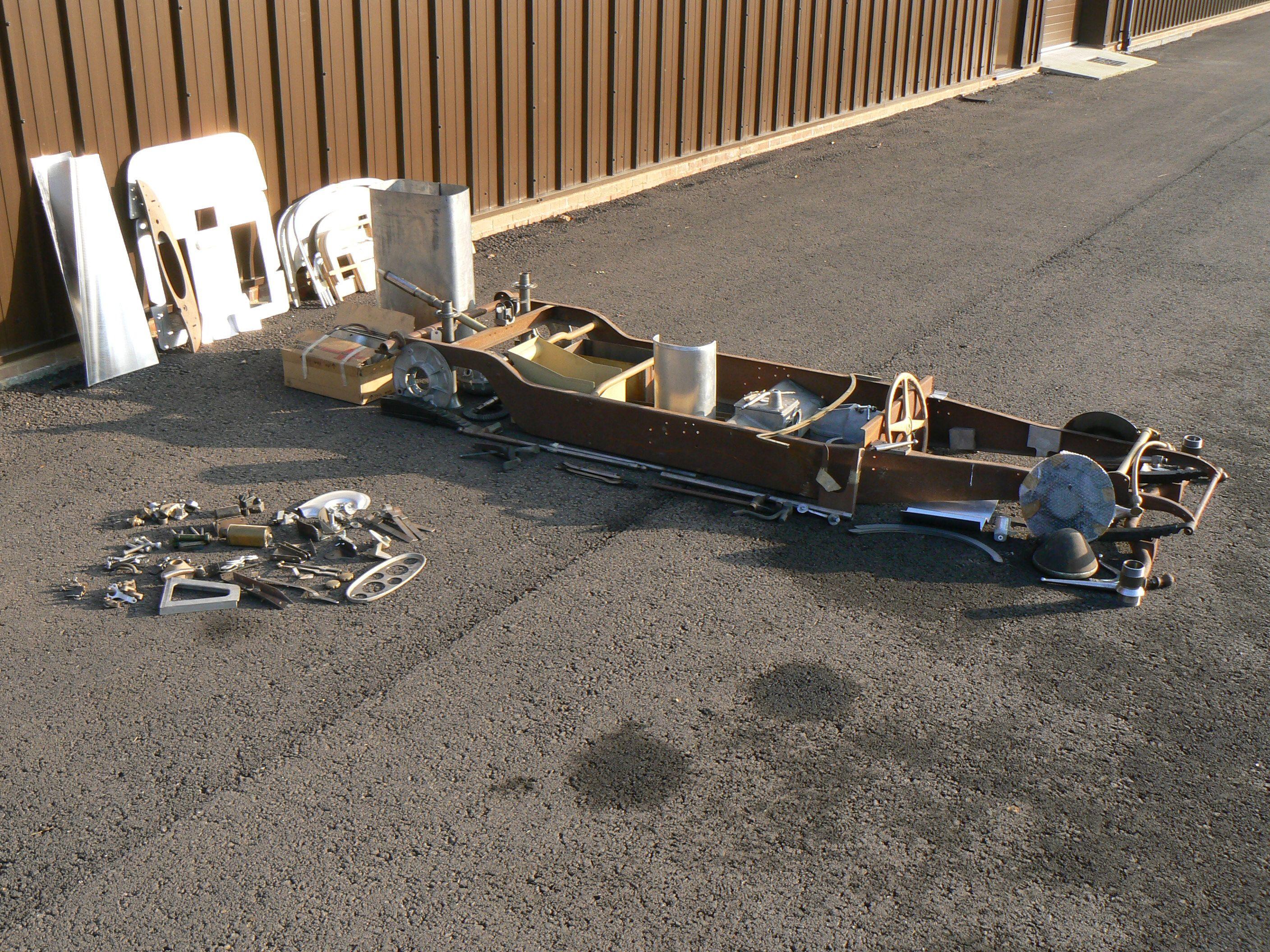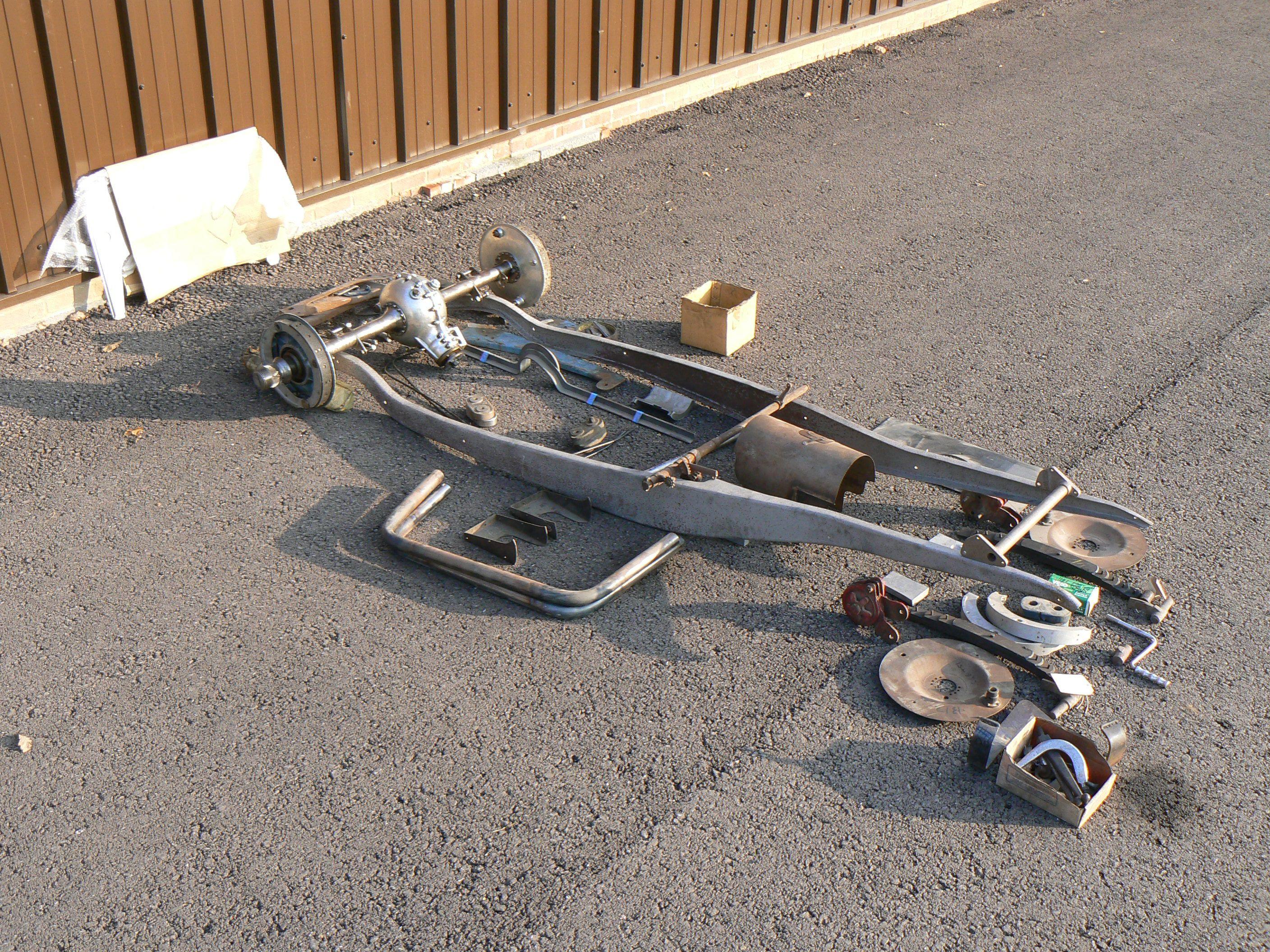Sold by Order of the Family ‘The attention of the reader is directed to the endurance of this officer. After a long day’s marching and fighting in the dark, without food and with small numbers, the man who will go on, unshaken and unflinching after he has received a severe and painful wound, has in respect of personal courage few equals and no superior in the world. It is perhaps as high a form of valour to endure as it is to fight. The combination of both is sublime.’ Winston Churchill The Malakand Field Force, refers. A rare and truly Churchillian Punjab Frontier operations V.C. group of six awarded to Lieutenant-Colonel T. C. Watson, Royal Engineers, attached Bengal Sappers & Miners, who displayed magnificent courage in making two attempts to clear a village of hostile tribesmen in the Mahmund Valley in September 1897, actions undertaken at night, under murderous fire, and in the midst of a violent thunderstorm - and ones that led to a gunshot wound to the thigh, a shattered left hand, and considerable loss of blood from a ruptured artery: back on active service in Mesopotamia during the Great War, he was invalided home with an illness from which he died in June 1917 Victoria Cross (Lieut. T. C. Watson, Royal Engineers; 16th Septr. 1897); India General Service 1895-1902, 1 clasp, Punjab Frontier 1897-98 (Lieut. T. C. Watson, R.E., Bl. S. & M.); 1914-15 Star (Lt. Col. T. C. Watson, V.C., R.E.); British War and Victory Medals (Lt. Col. T. C. Watson); Delhi Durbar 1911, together with related Memorial Plaque (Thomas Colclough Watson), the first, second and sixth on their original wearing bar, and the whole contained within an old metalled glazed display frame, and accompanied by his R.E. cap badge, minor contact wear, generally very fine or better (8) £140000-160000 Footnote V.C. London Gazette 20 May 1898: ‘This officer, on 16th September 1897, at the village of Bilot, in the Mahmund Valley, collected a few men of the Buffs (East Kent Regiment), and of No. 4 Company, Bengal Sapper & Miners, and led them into the dark and burning village to dislodge some of the enemy who were inflicting loss on our troops. After being wounded and driven back, he made a second attempt to clear the village, and only desisted after a second repulse and being again hit and severely wounded.’ In a hasty letter written to his wife four days after the above events, which included a sketch of the scene of battle, Watson recounts events at Bilot on the 16th with extreme modesty, if only to reassure her that his wounds were not a matter for serious concern. In point of fact the last of his wounds was sufficiently serious to put him out of action for several months: ‘My own darling, I had got as far as this - or rather I have just written the above final sketch of our movements when I think I would rather write to you an account of our doing(s) on the 16th. I went out with the Guides under Major Campbell to burn some villages. I had 2 sections of Sappers with me. About 11 a.m. a chit to say the 35th Sikhs & the guns were hard pressed further up the valley & we were to go to their assistance. Off we went & got up about 1.30 p.m. I personally say very little of what was going on except in my immediate front where the enemy kept most tantalisingly just out of range. Finally we were told to retire & I had part of the retirement to cover. I was holding my bit of ground very nicely when the Genl. (General) sent to say he wanted a certain tower blown up - so I took 4 men & went to do it. I found one of the enemy installed about 250 yards off with a Martini and very pretty shooting he made - getting the extreme edge of the tower 3 times - he could just see my shoulder round the corner. I had just blown the tower I got back to my place when I got the order to join the Genl. (General) with my sappers I went there & found he wanted me to act as escort to the Guns together with Colvin’s sections which in all gave me about 70 men with an average of 20 rounds a piece.
Sold by Order of the Family ‘The attention of the reader is directed to the endurance of this officer. After a long day’s marching and fighting in the dark, without food and with small numbers, the man who will go on, unshaken and unflinching after he has received a severe and painful wound, has in respect of personal courage few equals and no superior in the world. It is perhaps as high a form of valour to endure as it is to fight. The combination of both is sublime.’ Winston Churchill The Malakand Field Force, refers. A rare and truly Churchillian Punjab Frontier operations V.C. group of six awarded to Lieutenant-Colonel T. C. Watson, Royal Engineers, attached Bengal Sappers & Miners, who displayed magnificent courage in making two attempts to clear a village of hostile tribesmen in the Mahmund Valley in September 1897, actions undertaken at night, under murderous fire, and in the midst of a violent thunderstorm - and ones that led to a gunshot wound to the thigh, a shattered left hand, and considerable loss of blood from a ruptured artery: back on active service in Mesopotamia during the Great War, he was invalided home with an illness from which he died in June 1917 Victoria Cross (Lieut. T. C. Watson, Royal Engineers; 16th Septr. 1897); India General Service 1895-1902, 1 clasp, Punjab Frontier 1897-98 (Lieut. T. C. Watson, R.E., Bl. S. & M.); 1914-15 Star (Lt. Col. T. C. Watson, V.C., R.E.); British War and Victory Medals (Lt. Col. T. C. Watson); Delhi Durbar 1911, together with related Memorial Plaque (Thomas Colclough Watson), the first, second and sixth on their original wearing bar, and the whole contained within an old metalled glazed display frame, and accompanied by his R.E. cap badge, minor contact wear, generally very fine or better (8) £140000-160000 Footnote V.C. London Gazette 20 May 1898: ‘This officer, on 16th September 1897, at the village of Bilot, in the Mahmund Valley, collected a few men of the Buffs (East Kent Regiment), and of No. 4 Company, Bengal Sapper & Miners, and led them into the dark and burning village to dislodge some of the enemy who were inflicting loss on our troops. After being wounded and driven back, he made a second attempt to clear the village, and only desisted after a second repulse and being again hit and severely wounded.’ In a hasty letter written to his wife four days after the above events, which included a sketch of the scene of battle, Watson recounts events at Bilot on the 16th with extreme modesty, if only to reassure her that his wounds were not a matter for serious concern. In point of fact the last of his wounds was sufficiently serious to put him out of action for several months: ‘My own darling, I had got as far as this - or rather I have just written the above final sketch of our movements when I think I would rather write to you an account of our doing(s) on the 16th. I went out with the Guides under Major Campbell to burn some villages. I had 2 sections of Sappers with me. About 11 a.m. a chit to say the 35th Sikhs & the guns were hard pressed further up the valley & we were to go to their assistance. Off we went & got up about 1.30 p.m. I personally say very little of what was going on except in my immediate front where the enemy kept most tantalisingly just out of range. Finally we were told to retire & I had part of the retirement to cover. I was holding my bit of ground very nicely when the Genl. (General) sent to say he wanted a certain tower blown up - so I took 4 men & went to do it. I found one of the enemy installed about 250 yards off with a Martini and very pretty shooting he made - getting the extreme edge of the tower 3 times - he could just see my shoulder round the corner. I had just blown the tower I got back to my place when I got the order to join the Genl. (General) with my sappers I went there & found he wanted me to act as escort to the Guns together with Colvin’s sections which in all gave me about 70 men with an average of 20 rounds a piece.















Testen Sie LotSearch und seine Premium-Features 7 Tage - ohne Kosten!
Lassen Sie sich automatisch über neue Objekte in kommenden Auktionen benachrichtigen.
Suchauftrag anlegen